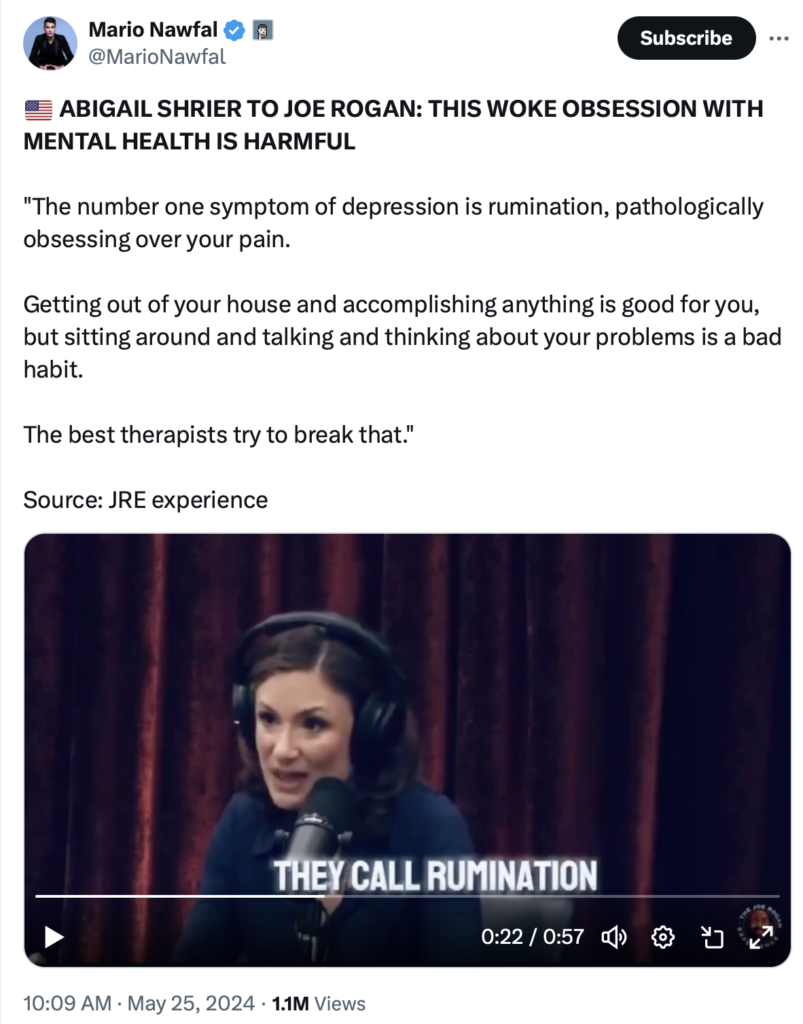Andrew Huberman Discusses How to Get to Flow
Interesting post based on Andrew Huberman's discussion. First, what is flow? From Grok:
The concept of "flow" in the context of psychology was developed by Mihaly Csikszentmihalyi. He introduced this idea in his seminal work, where he described flow as a state of complete immersion and optimal experience in an activity. Csikszentmihalyi's research focused on how people could achieve happiness through engaging in activities that challenge their skills just enough to keep them absorbed and intrinsically motivated.
But how does one get to the flow state. Huberman cautions that even though the state of flow can be blissful, getting to flow can be a struggle. On X, Billy Oppenheimer summarizes Huberman's discussion:
I think about this twice a day.Every morning when I sit down to read & again when I begin to work, I say to myself,
“Accept the initial agitation.”
When you try to focus, Andrew Huberman explains, “the brain circuits that turn on first are of the stress system.”
Meaning:
“The agitation and stress that you feel at the beginning of something—when you’re trying to lean into it and you can’t focus: you feel agitated and your mind’s jumping all over the place—that is just a gate. You have to pass through that gate to get to the focus component.”
There’s a common misconception, @hubermanlab continues: “the misunderstanding around how these brain circuits work has led to this idea...a kind of obsession with the idea that we have to feel good in order to be productive.”
“And nothing could be further from the truth.”
The truth is it’s the reverse: we have to be productive—we have to start working, we have to lean in and get going, accepting the initial agitation—in order to feel good.
So along with “accept the initial agitation,” sometimes—when I don’t feel especially good, motivated, interested, or energized—I say to myself,
“Forget how you feel right now.”
“It will feel good,” Huberman says, “but there’s a whole staircase in which it feels kind of lousy...The early stages of hard work and focus are always going to feels like agitation, stress, and confusion.”
“Remember: there’s a gate of entry. You have to wade through some sewage before you can swim in clear water. That’s the way I always think about it.”






